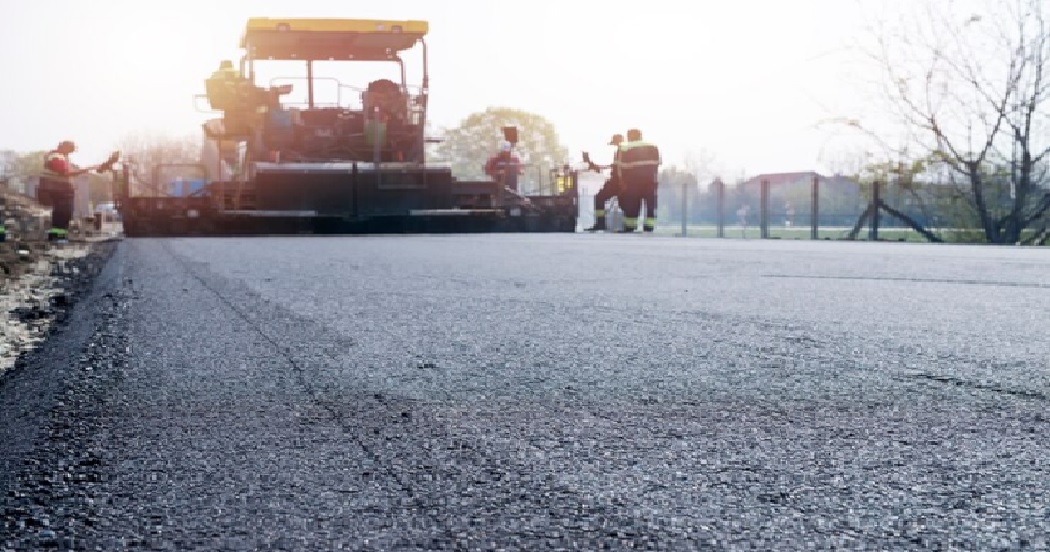Asphalt resurfacing is a critical project for maintaining the longevity of your paved surfaces. This process involves adding a new layer of asphalt over the existing one. It’s essential to ensure the old layer is still structurally sound. If done correctly, resurfacing can extend the life of your pavement by several years.
Assessing the Current Condition
Before starting, it’s crucial to assess the current condition of your asphalt. Look for signs of extensive damage. Cracks, potholes, and drainage issues need attention. If the damage is too severe, complete replacement might be necessary. A thorough inspection helps determine the best course of action.
Importance of Proper Drainage
Proper drainage is key to a successful resurfacing project. Water is asphalt’s worst enemy. Ensure your pavement has adequate drainage to prevent water pooling. Standing water can cause cracks and potholes over time. Address any drainage issues before resurfacing to avoid future problems.
Choosing the Right Materials
Selecting the right materials is vital for durability. High-quality asphalt is essential. Consider incorporating Commercial Epoxy Flooring for high-traffic areas. Epoxy can provide extra strength and resistance to wear and tear. It’s an excellent option for commercial spaces needing additional durability.
Preparing the Surface
Preparation is a critical step in asphalt resurfacing. Clean the surface thoroughly. Remove debris, dirt, and any vegetation. Ensure the existing asphalt is dry and free of loose particles. A clean, dry surface ensures better adhesion of the new asphalt layer.
Timing and Weather Considerations
Timing is crucial for asphalt paving projects. Choose a period with favorable weather conditions. Avoid extremely hot or cold temperatures. Rainy seasons are also not ideal. Ideal weather ensures proper setting and curing of the new asphalt layer. Plan your project accordingly to avoid delays and complications.
Hiring Experienced Contractors
Hiring experienced contractors is essential for a successful resurfacing project. Look for professionals with a proven track record in asphalt paving. Experienced contractors ensure high-quality workmanship and proper execution of the project. Don’t compromise on expertise to save costs.
Planning for Minimal Disruption
For commercial spaces, it’s important to plan for minimal disruption. Coordinate with the contractors to schedule the project during off-peak hours. Consider sections resurfacing to keep parts of the area operational. Effective planning minimizes inconvenience for your business operations.
Ensuring Proper Compaction
Proper compaction is critical for a durable asphalt surface. Ensure the contractors use the right equipment for compaction. Properly compacted asphalt resists wear and tear better. It also prevents future issues like cracking and potholing. Insist on quality compaction for a long-lasting surface.
Maintenance Post-Resurfacing
Post-resurfacing maintenance is crucial for longevity. Regular inspections help identify issues early. Address minor cracks and damages promptly. Consider seal coating to protect the surface from the elements. Regular maintenance ensures your asphalt surface stays in good condition for years.
Environmental Considerations
Consider the environmental impact of your resurfacing project. Use eco-friendly materials where possible. Recycled asphalt is a good option. Proper disposal of old asphalt is also important. Sustainable practices reduce the environmental footprint of your project.
Conclusion
Asphalt resurfacing is a vital project for maintaining the integrity of your paved surfaces. By considering factors like current condition, proper drainage, material selection, and experienced contractors, you can ensure a successful outcome. Integrating commercial epoxy flooring in high-traffic areas adds extra durability. Proper planning and maintenance will keep your asphalt surfaces in top condition for years.










